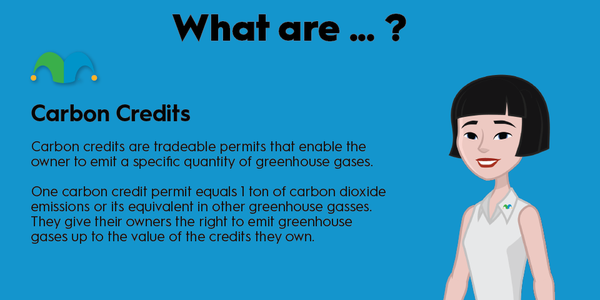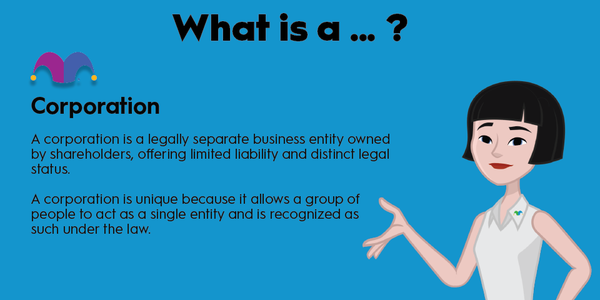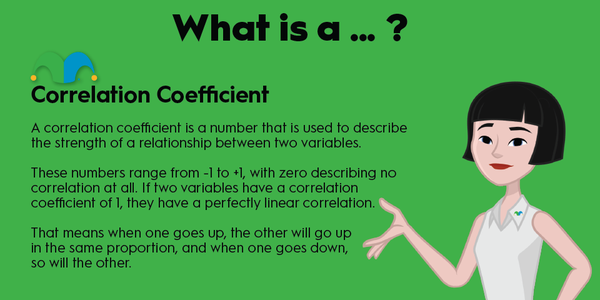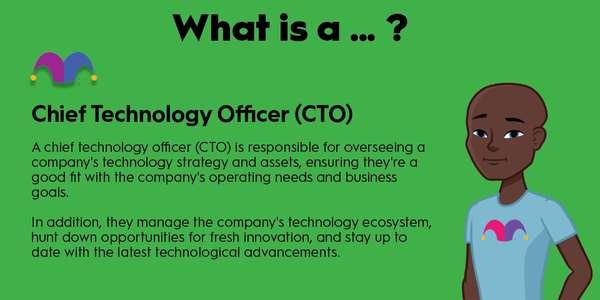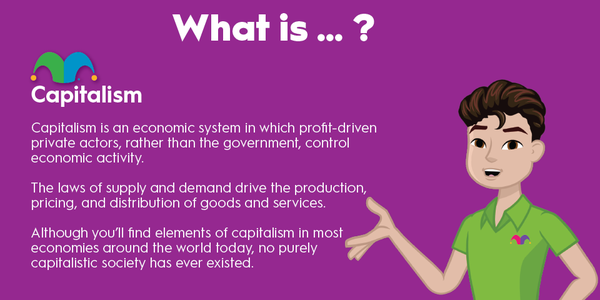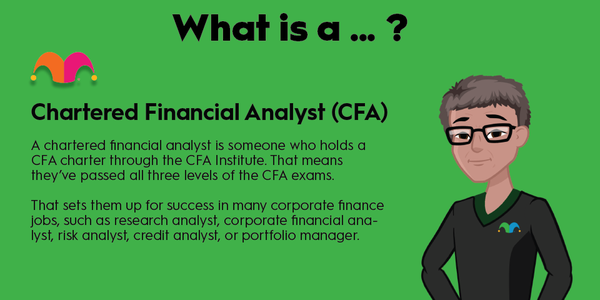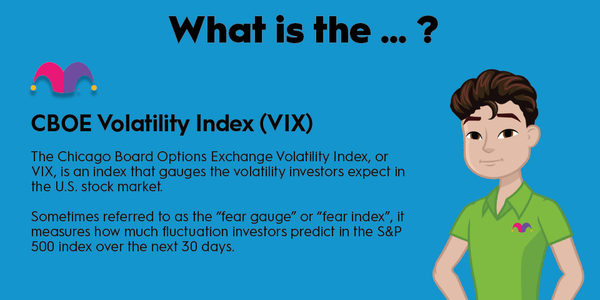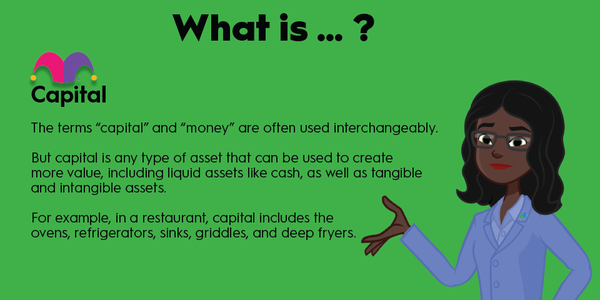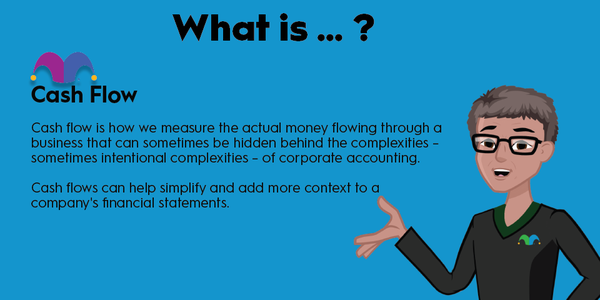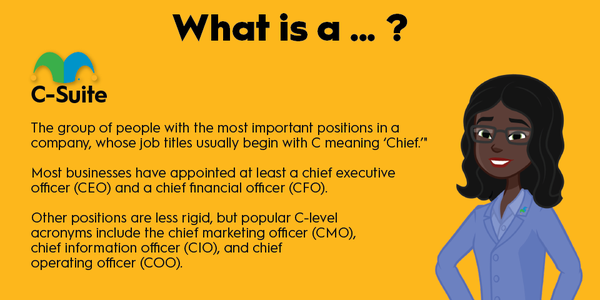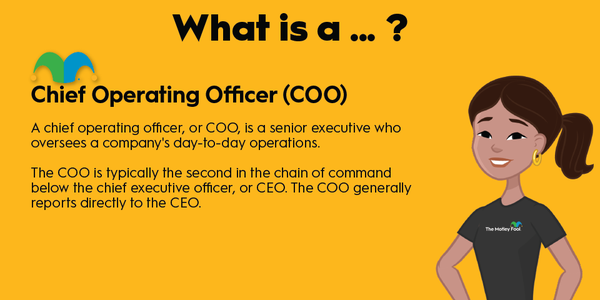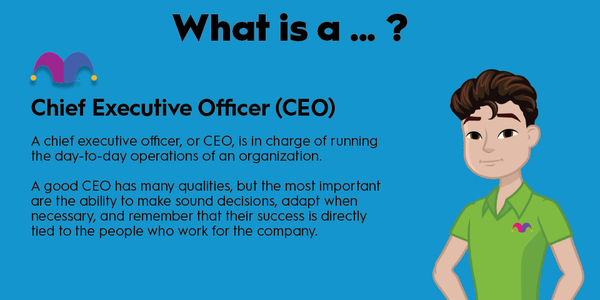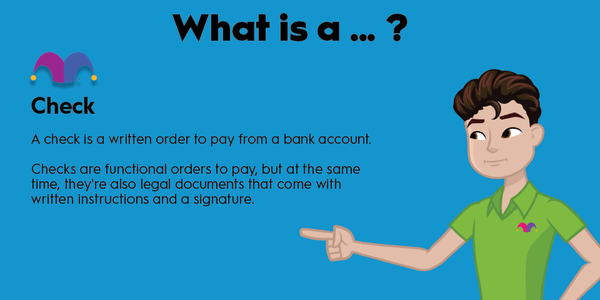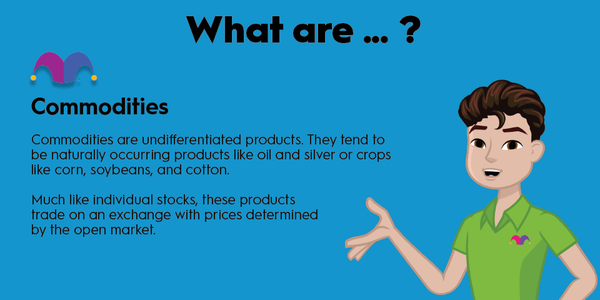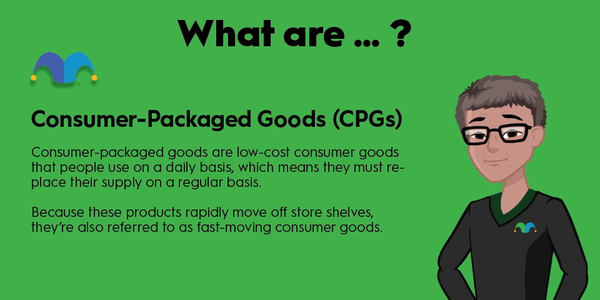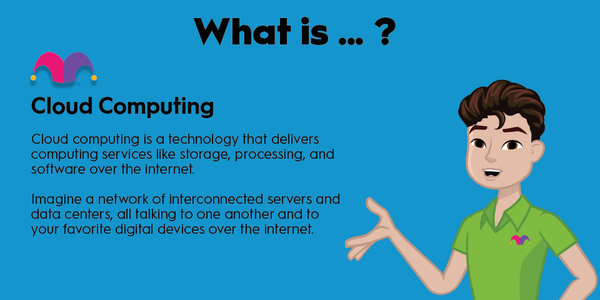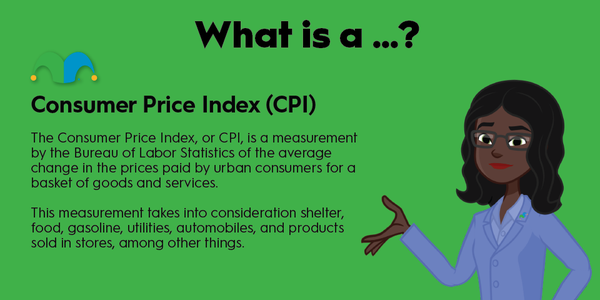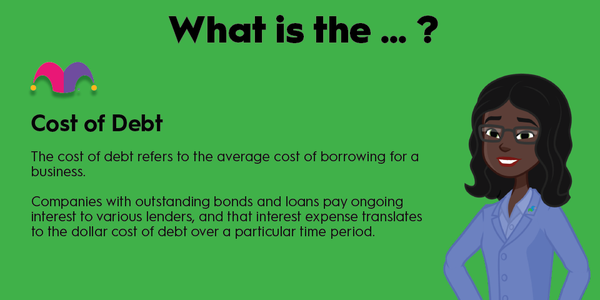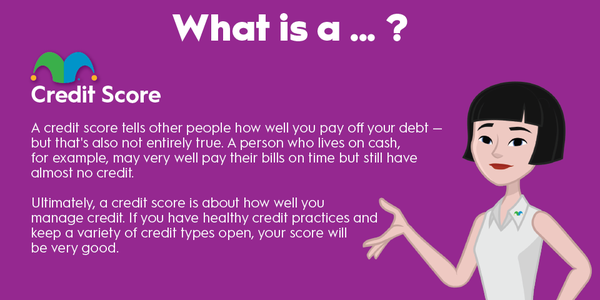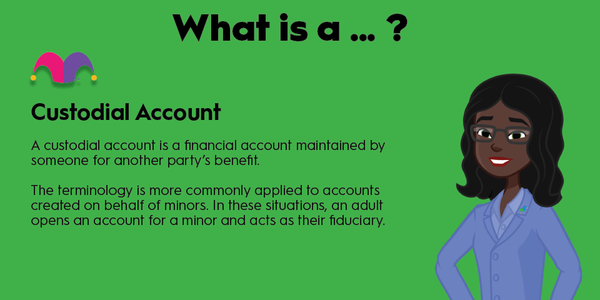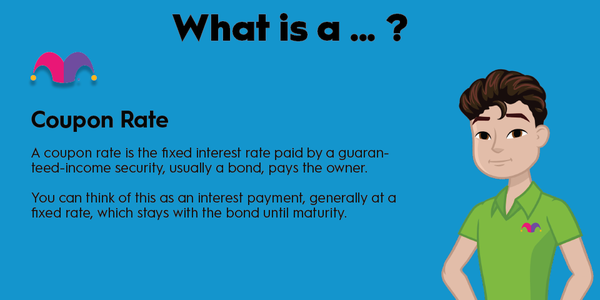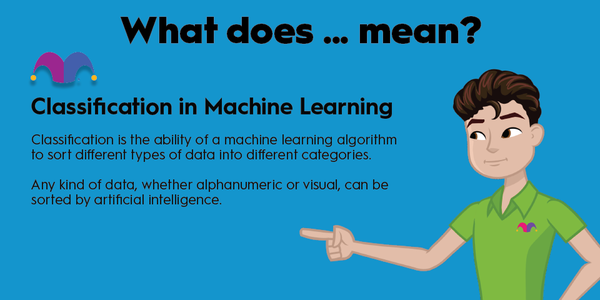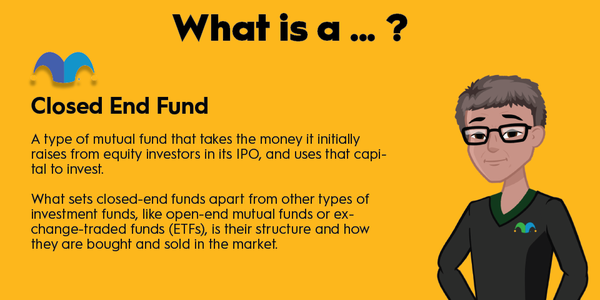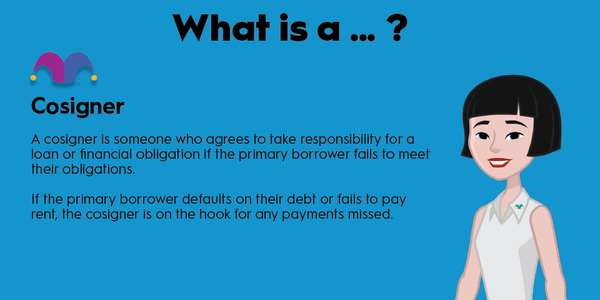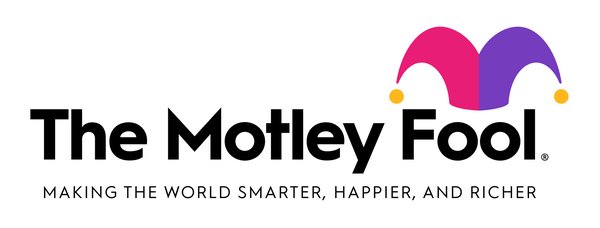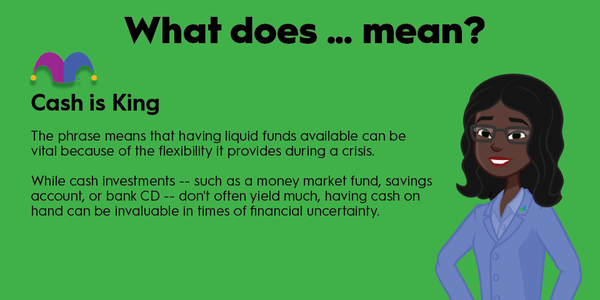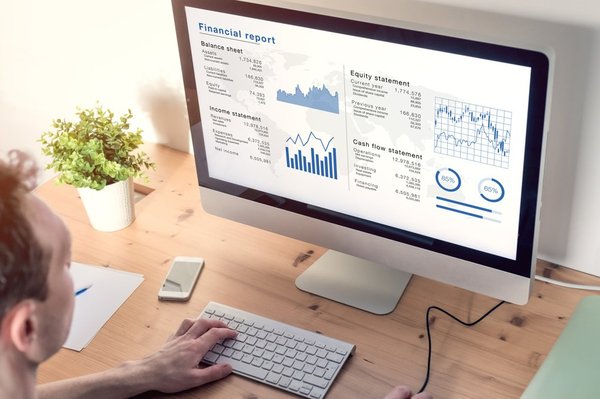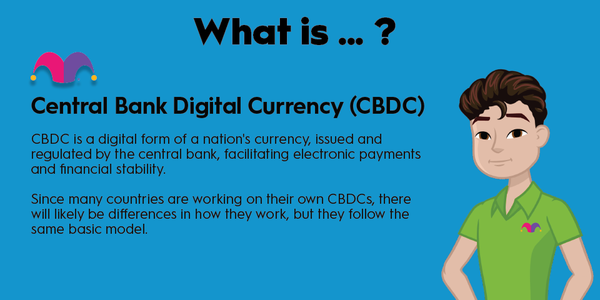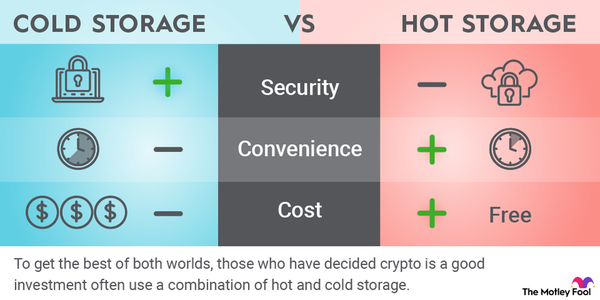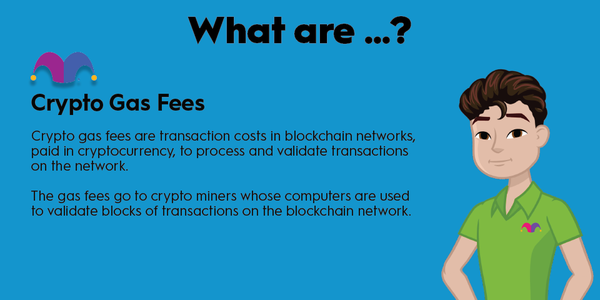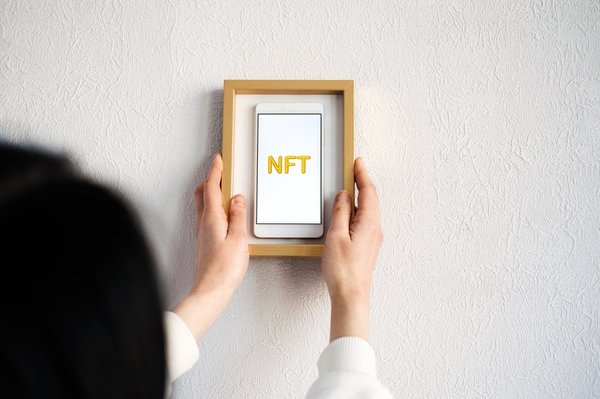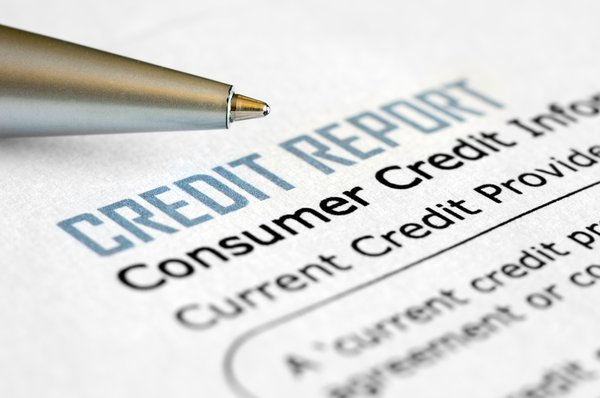Banks generally help people and businesses manage cash and liquidity. They typically organize around a specific customer type, providing services that the customer needs most. Commercial banking, for example, caters to small and mid-size businesses.
Read on to learn what commercial banks do, how they differ from retail or investment banks, and what to look for when choosing a commercial bank.

What is commercial banking?
What is commercial banking?
Commercial banking is a set of financial services designed for businesses. Those services include things you'd expect from any bank, such as checking accounts, savings accounts, and loans. But commercial banks also have business-specific offerings like payment processing, lockbox services, international trade support, letters of credit, payroll support, asset-based loans, and working capital lines of credit.
Not all businesses need those added services, of course. That's one reason why entrepreneurs initially operate side hustles through their personal bank accounts. But there are milestones that can prompt the start of a commercial banking relationship. These include:
- Accepting check payments
- Applying for a federal employee identification number (EIN)
- Incorporating the business
- Requiring financing for business expansion
- Opening a retail location that accepts credit card payments
The IRS does require limited liability corporations (LLCs) and corporations of any size to maintain separate accounting records. Managing the business's cash flow through deposit accounts at a commercial bank supports that requirement.
Commercial banking vs. retail and investment banking
Commercial banking vs. retail and investment banking
Commercial banks have different customers and, therefore, different services from retail and investment banks. Retail banks specifically serve individuals and households. Their offerings include things like basic deposit accounts, credit cards, auto loans, lines of credit, and mortgage loans.
Some retail banks also provide financial management education and tools to support goal-driven savings.
Investment banks, on the other hand, work with large corporations, governments, and institutional investors, usually in support of complex transactions. They might underwrite debt or stock issues, for example, or advise on mergers and acquisitions.
Large global banks often provide commercial, retail, and investment banking services through different divisions. The three largest commercial banks in the U.S., according to the Federal Reserve, are JPMorgan Chase (JPM -1.14%), Bank of America (BAC -3.53%), and Citigroup (C -2.63%). All three have different offerings for individuals, businesses, and organizations undergoing major financial transitions.
Considerations when choosing a commercial bank
Considerations when choosing a commercial bank
Some commercial banks cater to established, mid-sized businesses, while others target side hustles and small businesses. To find a good match for your operation, evaluate the following factors.
- Fees. Review the fee schedule with an eye on the services you'll use today and the ones you might use tomorrow. Check for recurring account maintenance fees plus caps on monthly activity. Know that there are commercial banks that don't charge maintenance fees and allow unlimited transactions.
- Services. Analyze the services the bank offers. Make sure it will meet your needs today and support your business as it grows.
- Interest yield on savings or checking. If your business requires you to hold a lot of cash, look for a commercial bank that pays a competitive interest rate on checking or savings deposits. If you're running the business on minimal cash, this is less of a factor. You may opt for a less competitive yield in exchange for a more palatable fee structure.
- Insured deposits. Verify that the bank has FDIC insurance on your deposits.
- Online and mobile services. If you expect to bank online or on your mobile device, check customer reviews for comments on the bank's digital services. Verify that you can easily transfer funds into, out of, and between your commercial accounts using the bank's mobile app. You also likely need a mobile check deposit feature.
- Integrations. If you use (or plan to use) an accounting application like QuickBooks or Harvest, verify that you can easily download banking transactions to your accounting software.
- Branch locations. Nearby branch locations are essential if you prefer in-person banking or expect to use an ATM for cash withdrawals or deposits.
Related investing topics
Commercial banks vs. digital payments accounts
Commercial banks vs. digital payments accounts
Commercial banking services overlap with financial services offered by nonbank providers -- namely PayPal (PYPL -0.13%) and Venmo. PayPal and Venmo both hold business deposit balances. They also both accept customer payments and offer easy transfers from business to personal accounts. PayPal additionally provides business loans through a partner.
Although these nonbank providers are easy to use, they have some drawbacks relative to commercial banks, including:
- Not directly insured. PayPal and Venmo don't have FDIC insurance on deposits. Some balances may qualify for pass-through insurance from partner banks. Unfortunately, this depends on the use of specific services such as a debit card. Also, pass-through insurance only applies if the partner bank fails. There's no protection against PayPal or Venmo failure.
- No interest on deposits. Neither PayPal nor Venmo currently pay interest on business deposits.
- Limited options for check and cash deposits. Depositing cash and check payments to PayPal or Venmo can be difficult. PayPal doesn't accept check deposits in business accounts, for example. You can deposit cash, but you must go to a partner store, show a barcode, and pay a fee. Venmo does not support check deposits in business accounts.
Given those limitations, it usually makes sense to combine a digital payment account with a traditional commercial bank account. Even if you plan to lean heavily on the nonbank provider for customer payments, you can use a low-fee commercial bank account to streamline cash and check deposits and, possibly, earn some interest income. You'll also get the peace of mind that comes with FDIC insurance on your deposits.

